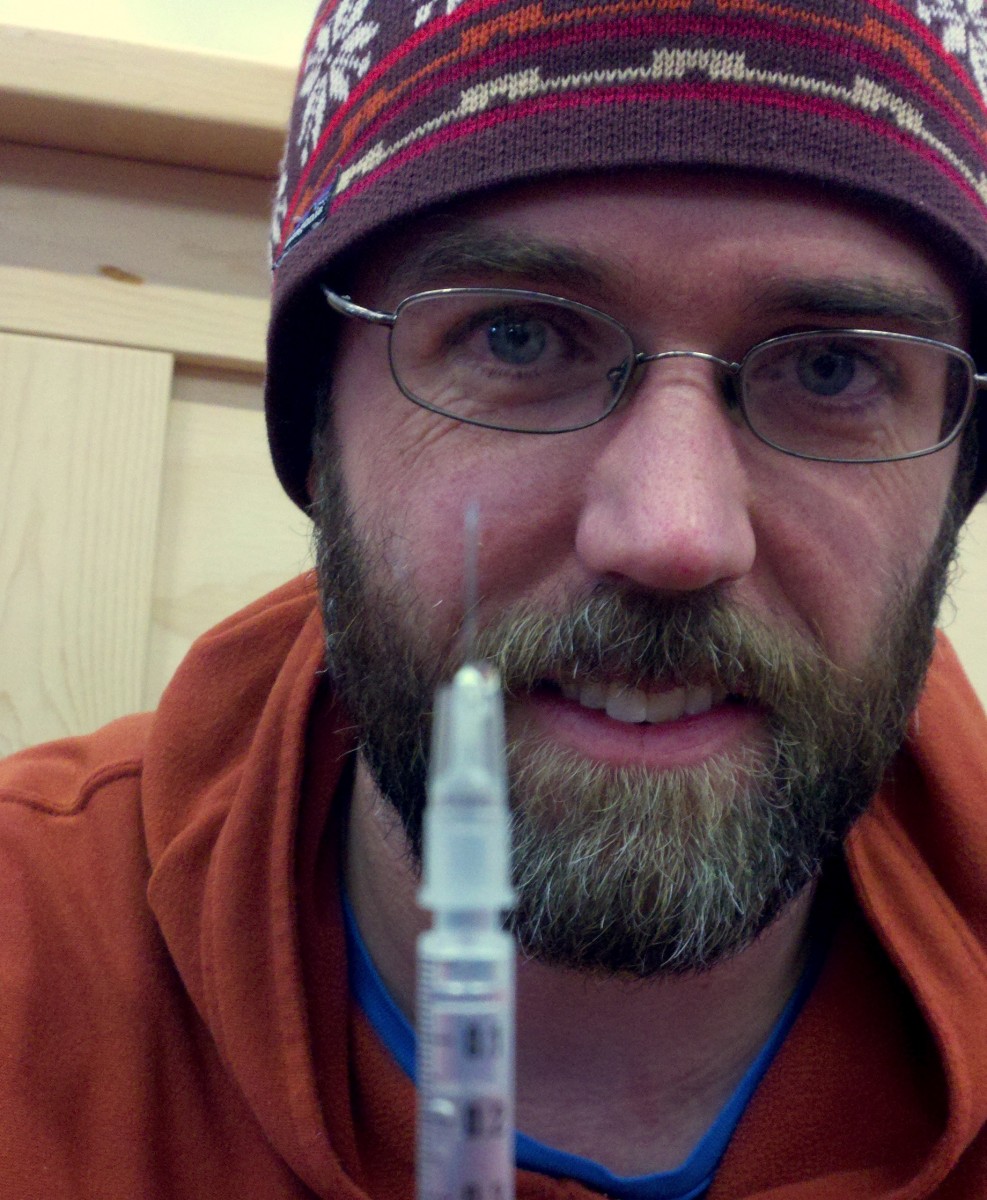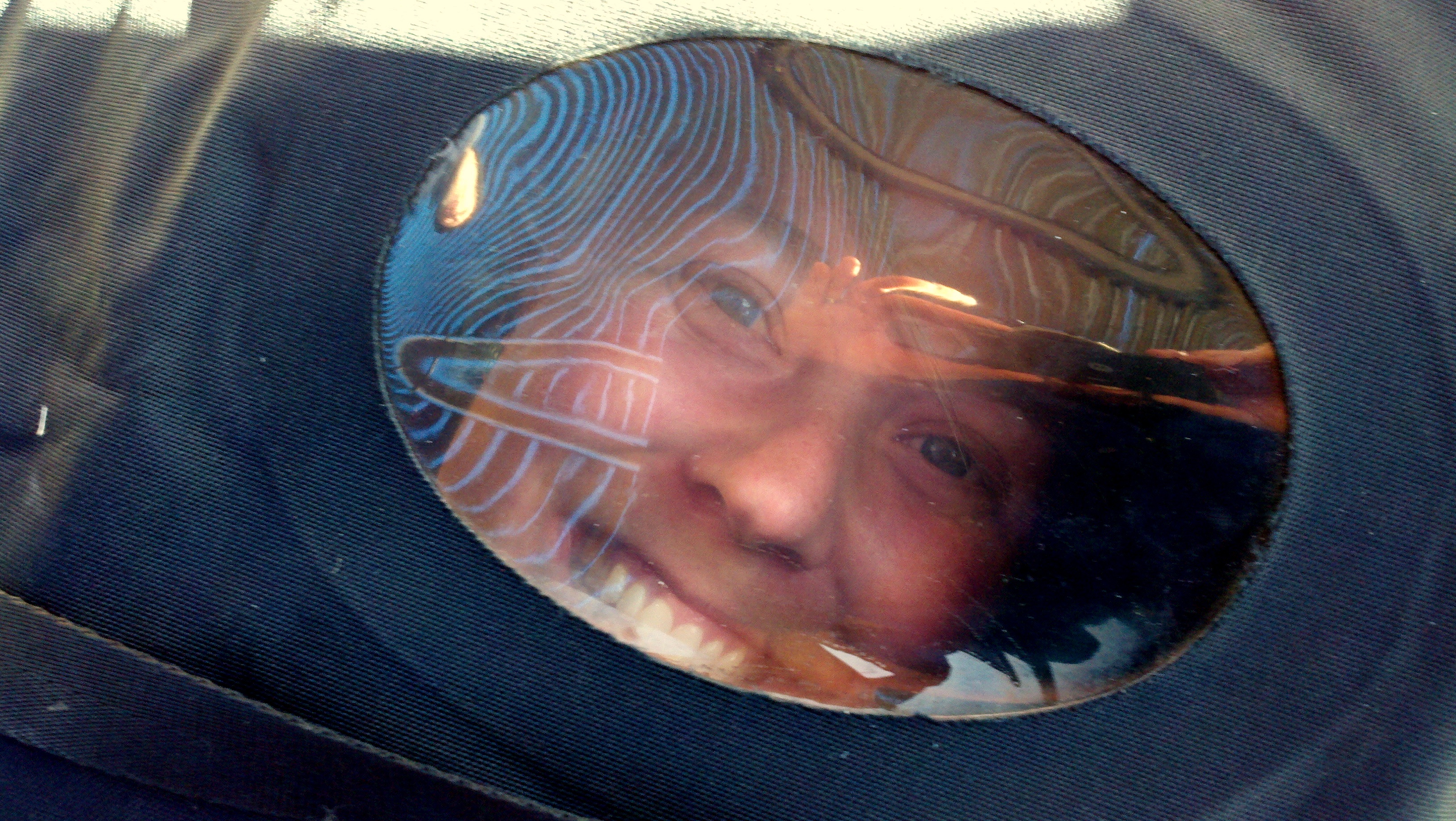Critical Thinking

We write occasionally on STS about the gear we find useful to our pursuits. We’ve examined, fly rods, optics, backpacks and assorted other essentials. But thus far it’s gone unsaid that no piece of equipment is half as critical as what we carry in our heads. It’s worth saying so now.
I’ve been taught a lot of things over the years. I’ve even managed to absorb a few of them. In all of my formal education though, I can’t think of a more effective or empowering 80 hours than those of my WMI, Wilderness First Responder training. You learn how to prioritize life threats, stop bleeding, tape ankles, manage wounds, evaluate illnesses, build splints, rule out spinal injuries, plan evacuations, identify acute mountain sickness and perform a host of other nifty camp tricks. What those tricks add up to though – when built around a well-founded framework – is the confidence and capability to care for the health of yourself and others in remote, challenging environments. No training can remove uncertainty from adventure, but this course will help you look it in the eye and know that you can manage just fine.
First and foremost, the course equips you with the necessary data collection and decision making systems to answer two key questions for yourself, when calling 911 isn’t an option: Can this person stay on the adventure, or must they leave to seek advanced care? And if the latter, how urgently do we need to evacuate them? Put more succinctly… Stay or go? Fast or slow?
In addition to the diagnostic systems, students learn the principles of patient care and treatment for a broad range of likely illness and trauma categories. Principles, not rote procedures, because in the backcountry conditions are unpredictable and resources are necessarily limited. A list of rigid “how-tos” would quickly prove useless in a dynamic wilderness environment. But a baseline understanding of what needs to be accomplished enables the practitioner to improvise with what’s on-hand and creatively problem solve.
WFR is the industry standard level of medical training for outdoor professionals. I initially pursued it, years ago, so that I could work in outdoor education. I don’t do much of that anymore. Yet I find the training more useful than ever these days. Collecting information on an unpredictable subject, interpreting it on the fly, applying principles to those interpretations to help make potentially life and death decisions, all in a constantly shifting environment with limited resources? Sure, that’s often useful in outdoor ed. But it’s an absolute requisite skill set for life with a toddler… in the woods or anywhere else. I don’t leave home without it.


